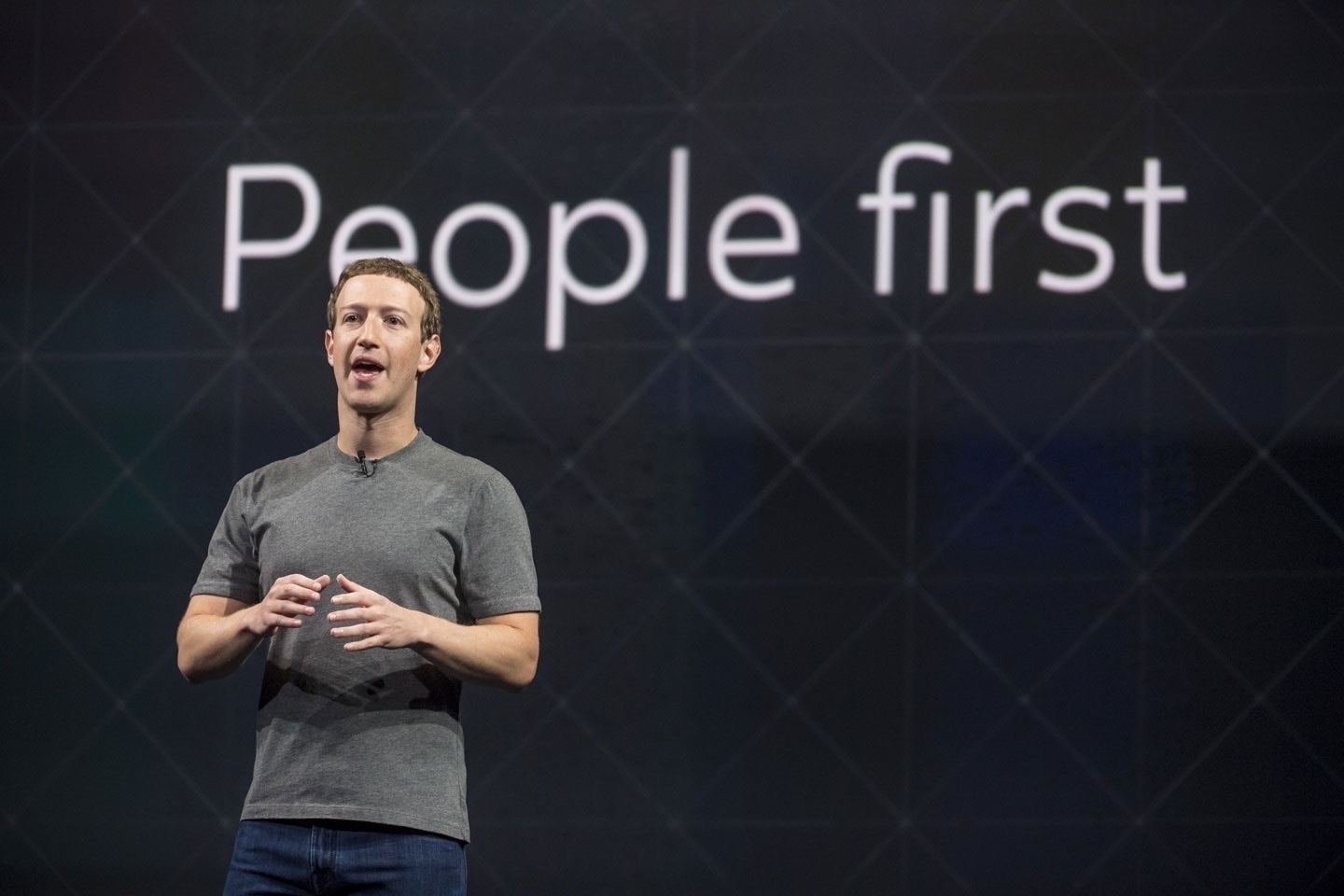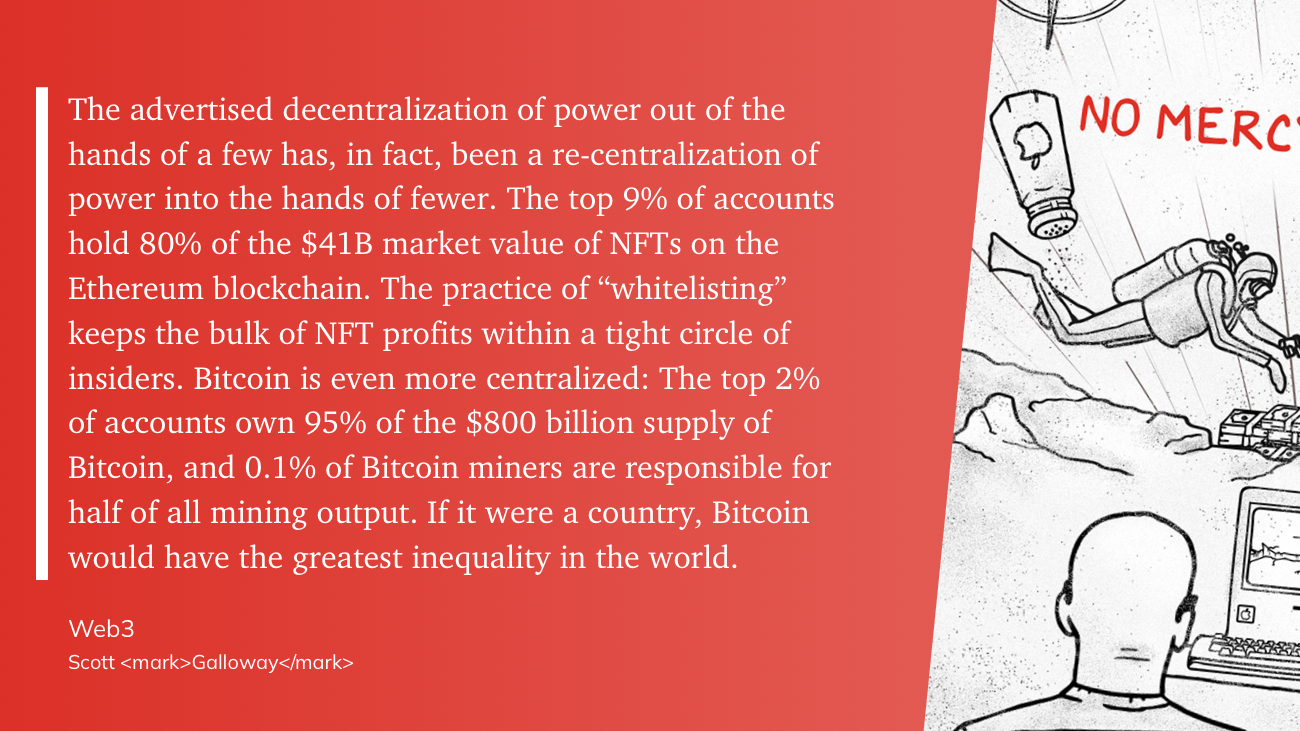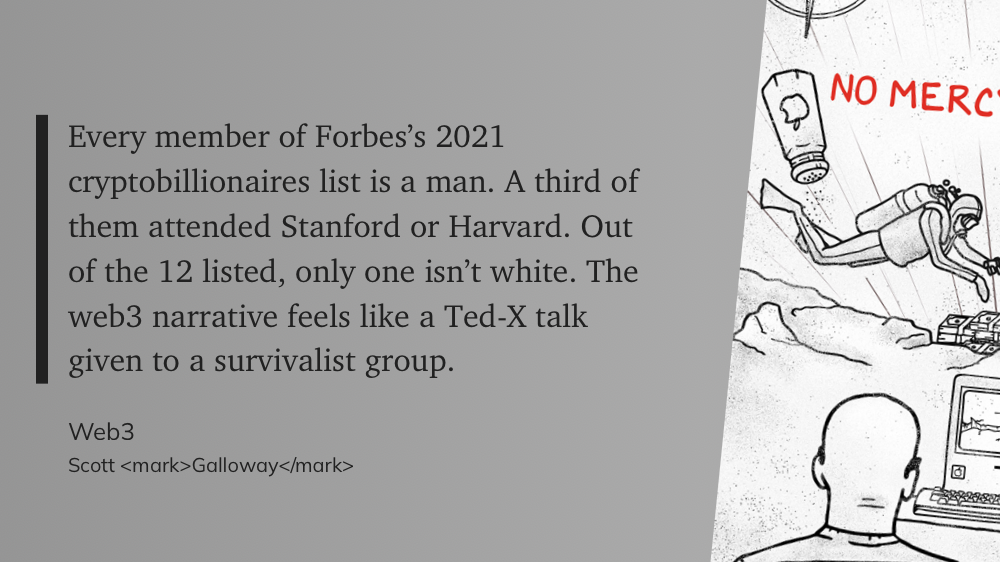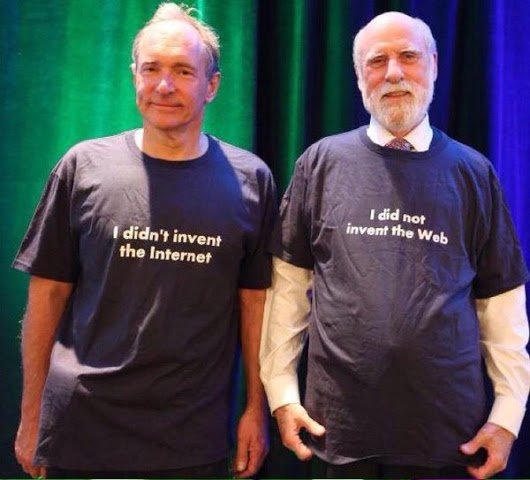I often listen to a podcast or read an article and at the end of it my reaction is 'yes … and' or 'yes … but’.
IF I feel sufficiently moved - a link might get posted to my Thought Stream, together with a pithy observation - and I move on.
The Thought Stream
On the stream I offer a randomized link, that takes you to one of the posts. the oldest of which dates back 2005!
Sometimes though … just sometimes … what I am reading or listening to, triggers more than a few synapses and I am prompted into writing something more substantial. This is one such occasion after I listened to ‘The Thoughtful Leader’ - a podcast hosted by Mindy Gibbins-Klein when she was talking with Steve Sanders.
Full disclosure - whilst I don’t really know either Mindy or Steve - we have talked, exchanged ideas and generally feel we are on the same playing field. All three of us happen to belong to a tight network that runs out of the UK, but in my language, I wouldn’t say I ‘know’ either of them ‘well’ (yet), whatever that means. That said, they both come across as very good people that I will get to know better over time.
So to that podcast.
First - Mindy - my thanks for the People First call-out - at least that is how I am taking it 😀 … I know you weren’t connecting it to my work - but I’ll take whatever I can get - just like when Zuckerborg (sic) borrowed the phrase, I know he wasn’t talking about me - and in fact, I don’t believe him - but nothing wrong with pushing the image to remind people!

Steve - good job and on topic - as we explored when we recently talked. I think we might be cut from the same cloth, even though our suits might be different.
I certainly do not disagree with anything you said - but I do have a couple of observations.
One - Generational Differences
I agree on the challenge of focussing on generational differences. I know 15 years olds that are 80 and 80 years old that ‘remain’ teenagers. I get why business has this need for categorization - I reject that people need to adopt it.
The New Yorker seems to agree.
Why do people adopt corporate language and thinking that is at odds with what is good for us?
For example;
I reject the use of that horrible corporate word ‘content’ that people spend so much time working to deliver into the platformed silos of LinkedIn, Facebook, TicToc, Snapchat, Instagram, What’s App and all the rest.
If your work is homogenous, un-differentiated, fodder written to feed the algorithm and garner clicks, hearts and whatever other little badge of honour the corporates regard us with - then perfect.
I would hazard a guess though that most creators don’t think that their posts, articles, essays, photographs, books, images, poems … are anything but that … but that is what we are reducing our IP to.
And of course, because anything that is an homogenized undifferentiated commodity - the price that gets paid is not on value - but how cheap an alternative might be.
.. and do not get me started on Marketing War Rooms!
But let’s keep the plot front and center.
I have been looking and commenting on these supposed generational differences for years and am not quite as optimistic as Steve when it comes to how fast this is going to change. More of that in a minute. But first - let me put my hand up in the air and emphasize that Steve is not alone in his optimism. Who am I to disagree with the findings of Accenture, who in this report seem to support the idea that we are moving towards this new world faster than any of us might think.
Esteban Kolsky is one of the few analysts that picked up on the survey - and in his post reminded us of the vagaries of such surveys!
… “let’s say you are not truly convinced that they WILL actually do what they say they may in a survey (something about an unconscious bias towards being liked makes most of us answer as expected, not as the way we will act, etc.).”
He goes on with this advice …
… “read while wearing rubber gloves and use thongs to “flip pages” if you want to avoid contact – hehe – but definitely read this about how consumers are changing, because outside of the flawed data-collection, the trend is real and well documented.”
… and it is my job as CCO (that’s ‘Chief Contrary Office’) not only to question the findings that were discovered when Accenture surveyed
… “more than 25,000 consumers across 22 countries, with follow-up focus groups in five countries.
(I’ll forgive the language - it’s Accenture, they can’t help it, but I prefer to survey people.)
… but indeed anything that sits oddly that is, in turn, being shared under the banner ‘common wisdom’.
The bottom line is optimism. Don’t get me wrong - even I am optimistic, it’s just the speed of adoption that I am questioning - which brings me to part two.
Two - The Speed of Transformation
First, I hope I am wrong. But, the evidence I am seeing suggests different.
I could highlight so many examples that might suggest how slow this is going to be - but let’s choose three.
Supply Chain Inequality
We have been able to buy ‘$1 throw away ‘designer’ t-shirts’ for decades. Stores like Primark despite pages like this exist because when it comes to action - as opposed to feeling, we turn a blind eye.
Just think for two seconds about the profit behind a $1 t-shirt being sold in a large department store on Oxford Street and other cities around the world. It surely points to inequality and sometimes exploitation somewhere (if not everywhere) in the supply chain.
Exploitation that we all hate and rail against - but we are complicit in our purchase.
What age group does Primark serve
”Whilst in-store customers may differ slightly, Primark’s social audience fall within the 17–24-year age demographic (depending on platform) and are over 90% female.
The very age group that we are pinning our hopes and dreams on to change corporations.
Ease of Transaction over Moral Compass
Uber Eats, Doordash, GrubHub et al make their profits through food delivery.
The mechanics of the transaction has 30% of the food order at your favourite takeaway magically being extracted from the local economy - only to appear as revenue in a company in Oakland, California.
It’s clear. But we continue to do it.
So much for being aware of social issues and forcing corporations to change.
A similar argument can be applied to Uber itself because it is ‘oh so convenient - and cheap … even though even in London there are apps that compete like Gett … so people who ‘say’ they are demanding Corporations to do better - vote with their thumb when it comes to the short term benefit of saving a buck. Principles are gone!
Don’t believe me? Consider this which headlines with;
“Black cabs roar back into favour as app firms put up their prices.”
Meanwhile - over in the USA …
DC AG Sues Grubhub For Sneaky Fees, Screwing Over Local Restaurants | Techdirt
“But Grubhub didn’t fully cover the costs of these discounts. Instead, it passed most of the costs of the discounts along to the already-struggling restaurants. Grubhub also forced the restaurants to pay their full commission on the discounted orders based on non-discounted prices. This promotion severely cut into restaurants’ already-small profit margins, and misled DC residents who believed their orders through Grubhub would help their favourite restaurants.”
Yikes.
Where is the outrage? Where is the socially aware youth?
Cryptocurrency
16% of Americans say they have ever invested in, traded or used cryptocurrency - depending on which site you visit, the numbers vary for the US and in different countries, but there is no doubt that a lot of people have jumped onto the bandwagon - despite the apparent danger of it being a highly volatile gamble in something that I would guess (no science here), some 90% of those people could not even start to describe how cryptocurrency works.
But that isn’t what this bit is about.
Lets start with another podcast that asks Can Our Climate Survive Bitcoin? - it’s an hour long - but well worth a listen - and it contains some eye opening stories.
One of the many stories - American towns competing with each other to offer massively discounted power to ‘crypto miners’ where the workers earn $20 per hour, and the owners - well - it’s the usual story.
Scott Galloway nailed it in one of his pieces;

and

“All animals are equal but some are more equal than others”
So how do you reconcile the crypto movement with the climate change crowd …
… “almost half of all American men ages 18 to 29 say they have invested in, traded or used a form of cryptocurrency.”
Maybe its just that the ‘modern youth’ are massively intelligent …
“The test of a first-rate intelligence is the ability to hold two opposed ideas in mind at the same time and still retain the ability to function.”
But I am not yet convinced.
No research yet - but as the funds spring up supporting this brave new crypto world and our children are apparently eschewing investment in the ‘extractive industries’ - we find this headline;
Exxon Mobil reportedly gets in on Bitcoin mining
Follow the money babe - follow the money.
Three - Altruism
Riddle me this … why are boomers generally seen as the ‘bad guys’. This just 5 days ago : Boomers responsible for nearly one third of greenhouse gas emissions, study suggests. Really, do some google searching - it is clear that boomers are positioned as 'the problem'.
I have no idea how true that is (full disclosure - I am a boomer)
But It Gets Worse
I am a Boomer
I am English
I am Male
I am Straight
I am White
Single handidly - most of the ills of the world might fall at my feet if you listen to the common narrative.
I do however know enough that the same data can produce very different conclusions.
But consider this;
Vint Cerf and Bob Metcalf’s work gave us TCP/IP - the internet wouldn’t work without that protocol
Tim Berners Lee’s work gave us the worldwide web.
So as to avoid confusion (and please note - this is a real image - not a photoshop .. I was there when it was taken.) …

Let’s write that in a different way.
Baby Boomers Vint Cerf (78) and Bob Kahn (83) hold the join honorary title of ‘Godfathers of The Internet’. Tim Berners-Lee (66) came up with the World Wide Web and none of them are millionaires in the ‘millionaire sense’ - and certainly not billionaires.
It’s also telling that I more than likely need to provide context as to who these people are - but that when we move on to other generations, no explanation is necessary. We just somehow know their names.
Jeff Bezos at 58 sits at the cusp of Boomer and GenX, the other names you will be familiar with include;
GenX
Jack Dorsey (45)
Sergey Brin (48)
Larry Page (49)
Elon Musk (50)
Millenial
Mark Zuckerberg (37)
Evan Spiegel (31)
Zhang Yiming (38)
The web was created by Berner-Lee as a place of equality - where everyone had a publishing press and/or microphone - if they chose to use them.
But the money was made by ‘post boomers’.
The cesspit of corruption, bias and fake news - Fakebook was created by a millennial. The other one, Twitter, by a GenXer.
I could write it another way;
Boomers created the internet and the web and did not turn themselves into money-grubbing billionaires - like GenX and Millenials do today.
Now, who’s destroying the world?
Bottom Line
No matter the indignation we feel, or how loud our screams for a fairer society, the fact is that when it comes down to it, the further that happens from your wallet and/or physical presence - the more easily it is forgotten - or even ignored.
The t-shirt situation occurs because they are made on the other side of the world - too far away for me to affect. Besides - if I don’t buy them - others will - what difference does what I do make?
Uber, is an identical situation - except the person you are now stealing (what word would you use) from might be your neighbour!
And it is all because people, on the whole, do not understand. They don’t think - why should they - life is too busy!
As a result, corporations will continue as they do and won’t be challenged as they transition their businesses into spaces to make even more money - at whatever cost.
Yes - there are exceptions. Consider Patagonia, a retailer that takes its values to heart. Revenues of $1Billion - not chump change - but that’s less than Primark’s pre Covid annual profits - interesting to note that Arthur Ryan who founded Primark is of the Silent Generation as is Yvon Chouinard who founded Patagonia.
If we are really going to compare generations through the lens of ‘business oligarchs’ - it looks like the world might have got better with Boomers - and it has been going downhill ever since!
Conclusion
And, this is all written with a bit of tongue in cheek because I do so object to behavioural classification based on age.
But it’s also asking why we think everything is suddenly going to be different - and different quick - just because we hear how ‘woke’ and ‘aware’ the youth are - when it comes to global challenges. ‘the youth’ are coming to save us.
You might not remember the sixties (if you do - you probably ‘weren’t there’), but that generation had hopes, ideals and aspirations. They were also going to change the world for the better. Did they? Was it for the better?
To borrow a ‘sign off’ from my friend Geoff Moore - that’s what I think … what do you think?